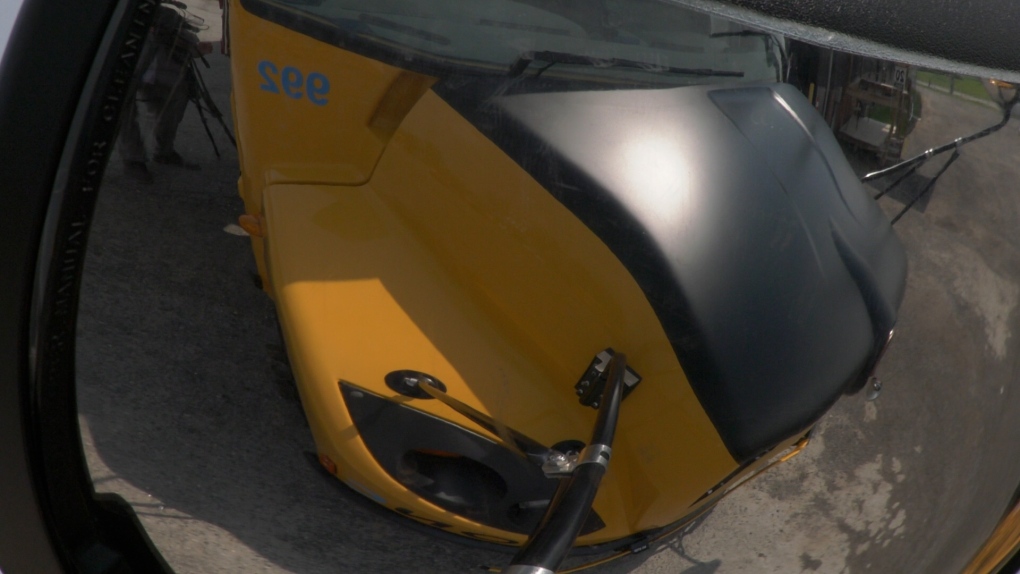Bussiness
London area school bus operator transitions to electric

Schoolchildren from across the region will soon be getting onboard the green bandwagon.
Langs Bus Lines, one of the region’s largest school transportation providers, has partnered with the federal government to transition nearly half its fleet from diesel to electric.
According to London West Liberal MP Arielle Kayabaga, it’s the young passengers themselves who demanded the government step-up when it comes to protecting the planet.
“They ask me questions about what we’re doing to make sure they can have a planet they can live on. So if I can go back and tell them, ‘We now have buses that are electric, that are environmentally friendly,’ it answers one of the questions around ‘What are you doing to protect our planet,’” she said.
Kayabaga was part of Friday’s announcement at Langs Bus Lines in south London.
The federal government, along with infrastructure Canada, is providing Langs with $44.6 million in grants and loans to make the transition.
An all-electric school bus is pictured at Langs Bus Lines in south London on June 21, 2024. (Bryan Bicknell/CTV News London)
“There is a green revolution that is unfolding,” said London North Centre Liberal MP Peter Fragiskatos. “We’re seeing more and more people purchasing electric vehicles, along with that we see electric buses that are being used in transit lines across the country. It’s a transition that is underway, and it applies to school buses as well.”
The funding will cover the cost of 200 new electric buses and the accompanying charging infrastructure. Quebec-based Lion Electric will build the buses.
Langs has taken part in a pilot project for electric school buses, and already has a number of them in its fleet. In all, about 9,000 children from communities across the region will ride the electric buses to and from school.
 An all-electric school bus is pictured at Langs Bus Lines in south London on June 21, 2024. (Bryan Bicknell/CTV News London)
An all-electric school bus is pictured at Langs Bus Lines in south London on June 21, 2024. (Bryan Bicknell/CTV News London)
“Without the engine noises, the passengers on the bus tend to be quieter as nobody has to talk above the engine noise,” explained Kevin Langs, vice president of Langs Bus Lines. “So I think that provides a little better experience for the students, and certainly for our drivers with that reduced noise level.”
The government says the investment helps Canada meet its emissions target of net-zero by 2050.
“The challenge for bus operators, a zero emission bus costs a lot more than a diesel bus, so our program combined with the federal government’s grant program helps offset some of those increased costs,” said Brian Reilly, senior director of the Canada Infrastructure Bank.


)






